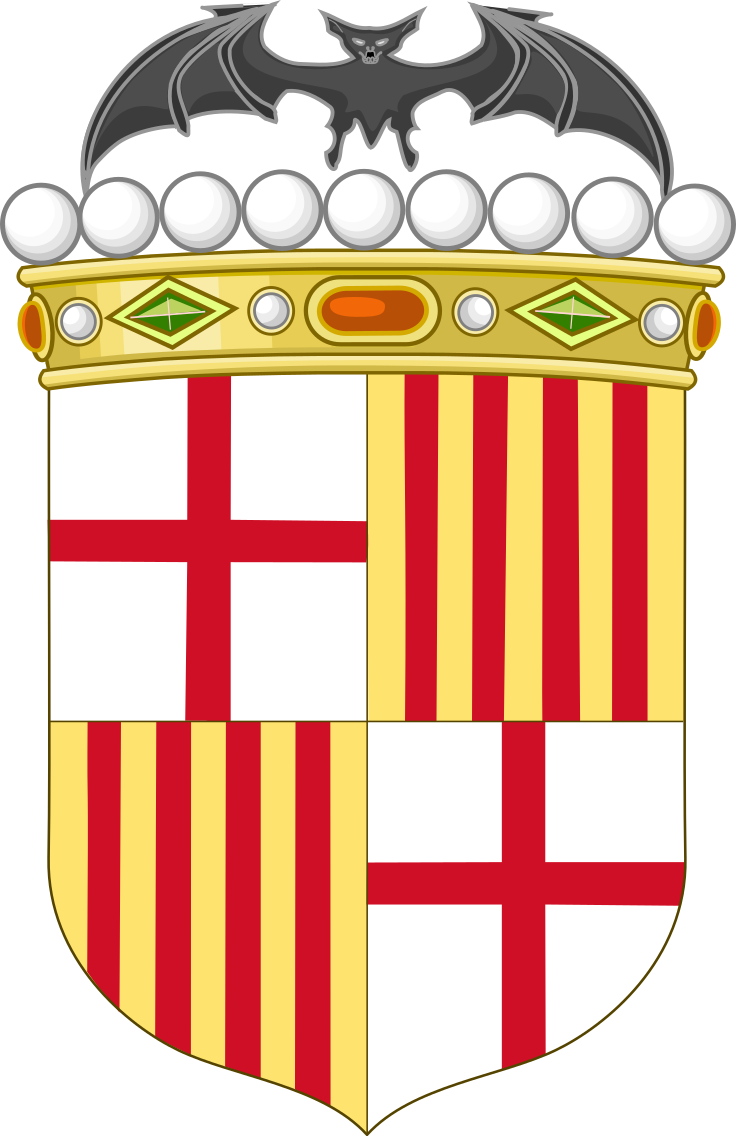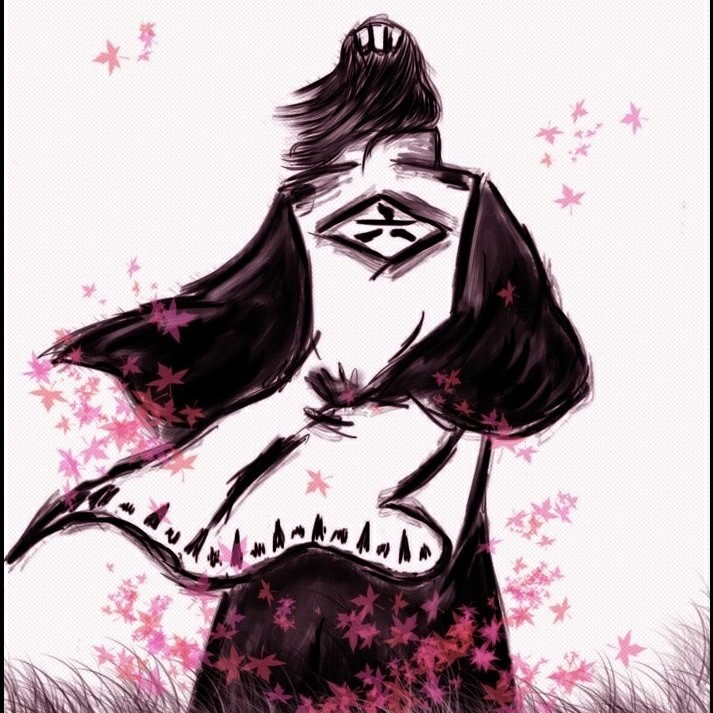Barcelona (bəɾsəˈlonə)
This is a Summer Camp article! It was written quickly with little planning, and if you see this message, it means it hasn't gone through a proper revision yet. It might be missing important content, contain wonky phrasing, or have odd formatting.
Governance
The Council of a Hundred
The legislative body of the city is the Council of a HundredConsell de Cent, a semi-democratic institution created in the 13th century by King James IJaume I. The Council is made up of a hundred jurorsjurats, divided into two groups:- 30 honorable jurorsjurats honorables: members of the local nobility and representatives of the Church, appointed by the Count of BarcelonaComte de Barcelona (usually through the Royal LieutenantLloctinent Reial).
- 70 elected jurorsjurats electes: citizens of the city who are not nobles of part of the Church, elected every five years.
The Councillors
The Council is led by eight councillorsconsellers, one of which is called Head Councillorconseller en cap and the rest take on ordinal qualifiers (Second Councillorconseller segon, Third Councillorconseller tercer, etc.) The councillors moderate the meetings of the Council, propose new laws, and ensure that the laws approved by the Council are carried out. They have shared control over the Mossos d'Esquadra stationed in the city and play and advise the government on military matters if the city is attacked.Relationship with the government
Historically, the power of the Council of a Hundred extended well beyond the city and in some aspects operated like a full state within the Principality. Its power has been reduced greatly in the past century, but the city still holds some privileges other cities don't, such as commannd of the police force and borders (both shared with the government).History
The origins of Barcelona can be traced back to the Neolithic, but the year 1228 is considered by many to be the beginning of the city as it is today. The Usages of BarcelonaUsatges de Barcelona, the fundamental laws of the city that replaced the old Roman codes, were published that year (and later extended to the rest of Catalonia). Thanks to its strategic location, it quickly became one of the commercial and industrial powerhouses of the continent, spearheading major developments in Europe such as international maritime law (with the Consulate of the SeaConsulat de Mar in 1260) and the first university of arcanurgy in 1263. Barcelona was the de facto executive government of the entire Principality until 1365, when the Delegation of the GeneralDiputació del General was established as a tax-collecting agency and, eventually, the executive council of the Principality. At first, this caused tension among the Council as they saw their power decrease, but they eventually settled in a relationship of mutual apprehensive respect.The Seizing of the General
During the War of Spanish Succession (1700-1714), the government of the Principality was in chaos. The Delegation of the GeneralDiputació del General had chosen to side with France against the wishes of the Courts, which had become virtually powerless. This could have been a disaster for Spain, as many territories of the former Crown of Aragon looked to Barcelona for guidance. So in 1704, in an event known as the Seizing of the GeneralPresa del General, the The Council of a HundredEl Consell de Cent summoned the Sometent and staged a coup to take over the Delegation of the GeneralDiputació del General. Initially, the Council offered to the Courts the opportunity to take back their lost power. However, the Courts were still in chaos, so using an authority they definitely didn't have, they dissolved them and declared Rafael Casanova, the Head Councillorconseller en cap at the time, as the new Count of Barcelona (and, therefore, King of Aragon). The countries of the old Crown of Aragon united under this new standard and managed to preesent a fierce resistance to the French invasion. After the Treaty of AranTractat d'Aran in September 11st, 1714, King Rafael I summoned the general Courts in Barcelona with representatives of all of countries that Spain had kept. The Courts confirmed his appointment as monarch and the Kingdom of Spain became the Mediterranean Crown. After these Courts were celebrated, the The Council of a HundredEl Consell de Cent finally relinquished its control over the entire Principality and went back to being simply the city council.
contents
Head and HearthCap i Casal






I love that the bat is historically accurate. Really interesting article. I enjoyed the notes on really history too.
Thanks for reading! And I'm glad you enjoyed the historical notes. I might start doing this more often—it's also useful for my future reference to know what's real and what isn't.